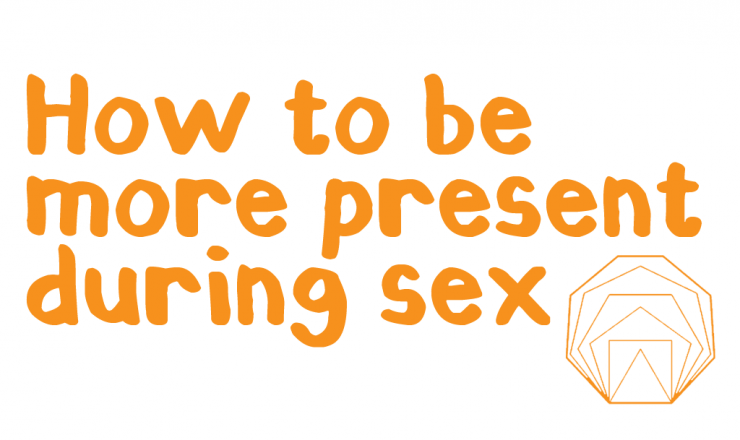
Sex and Self Care!
By Teen Health Source
It’s International Self-Care Day! We hope you got yourself something special to celebrate the occasion (and yourself)! Self-care is a really big topic on its own, so we want to focus in on how you can incorporate self-care into your sex life.
What is Self-Care?
Self-care looks a lot of different ways for different people. It’s getting talked about more and more these days, and there’s a lot of definitions flying around about what it means. Generally, self-care is understood as an active practice of doing things to take care of your well-being. Things like eating healthily, getting lots of rest, and exercising are often recommended.
All of those things are super important in taking care of yourself, but also vary a ton for people’s lives, so we’re going to talk a bit about broadening what self-care looks like when it comes to being younger and thinking about your sexual health! Self-care is essential, and it’s not selfish or unnecessary.
Self-care is about taking care of aaalll the parts of your well-being, which includes physical, mental, emotional, and sexual! Ultimately, you’re the best person to decide what kinds of things you can do to take care of yourself but here are some suggestions:
- Masturbate! If you want! It’s okay if you do or don’t! If you can/are over 18, think about experimenting with a sex toy or a fun lube. Masturbating is a great way to just focus on you, and has a ton of benefits.
- Check-in on your body and see how it’s doing. Take a look in the mirror if you’re comfortable. Noticing things look a little different? Pause a moment to see if something feels achy, tight, or off. It’s good to try and differentiate what we feel about our bodies vs how our bodies feel. Loving our bodies can be tough sometimes, but we love it if you do!
- If relevant to your situation, do a little research into birth control options, STI info or testing, pregnancy, puberty, or whatever! Consider messaging a THS volunteer, or see a clinician just to ask questions. Knowledge is power, and it can help you feel more calm or confident in many areas of your sex life. Getting tested for STIs totally counts as self-care!
- If you’re having sex with a partner (or partners), check-in with them about boundaries, STI stuff, things that are going well, things you’d like to give a shot. We have some tips on how to do that here: Link. Developing a safer sex plan can help ease any worries you have around pregnancy or STIs, which can make sex more relaxing and enjoyable.
- Check-in on your emotional well-being, both in general and when it comes to sexual health. Asking questions like, “Do I feel like I have tools to turn to when I’m feeling anxious or stressed about things in my life? Do I have knowledge about things like pregnancy and STI risks? Noticing you’re attracted to people of lots of different genders?” Are you maybe feeling insecure about acne, wet dreams, being “good at sex”, body hair, periods, body/gender dysphoria, or anything else? Thoughts and feelings like these can be a distraction when it comes to feeling in touch with yourself during sex or a relationship. Try to check in with yourself from time to time, and see if these are things you need to address or deal with. If you’re taking care of it on your own, great! If not, you can always contact one of our peer educators to talk about what you’re going through.
- Partners and crushes are cool, but how are your friends???? Check-in with them too! It can be really stressful dealing with school and work and health issues and family stuff and so many other things, it can be so helpful for you and other people to even just send them a series of well-curated emojis or a wholesome meme to know you’re thinking of them. It’s good to have intimate connections outside of your relationships/sex life so that there’s not so much pressure on your romantic relationships.
There are still tons more things you can do for self-care that can affect your sex life! If you have questions about this topic, or just want to talk more about it, feel free to contact one of our peer educators. [Link]
Last Updated: August 2021
-

For this article, one of our volunteers did anonymous interviews with 3 teenagers all about the question: To what extent does culture and society play a role in youth sexuality?
-

Do you ever find it hard to focus on sex? Whether with a partner or by yourself, do you find your mind drifting off? It’s very common! This post goes over some of the reasons why and what you can try to do about it.
-

Happy Bi Visibility Day! To celebrate, we all got together to answer some of our most common questions about what it means to be bi.




